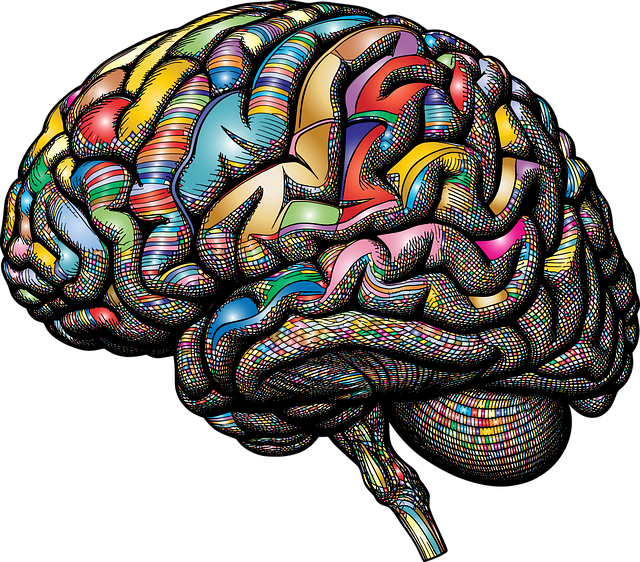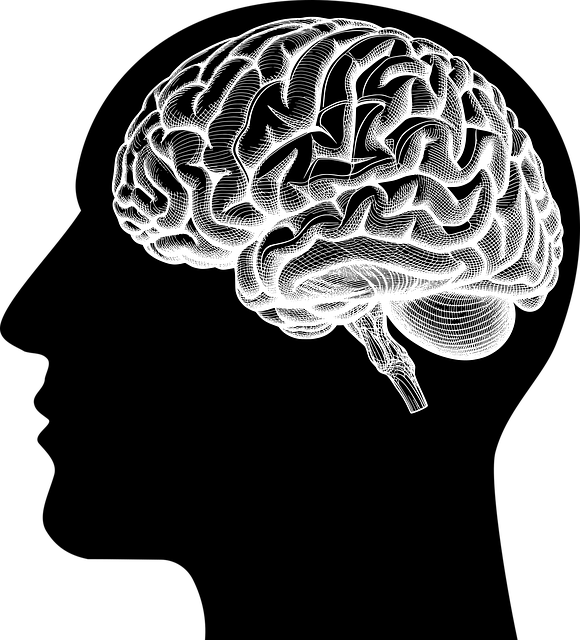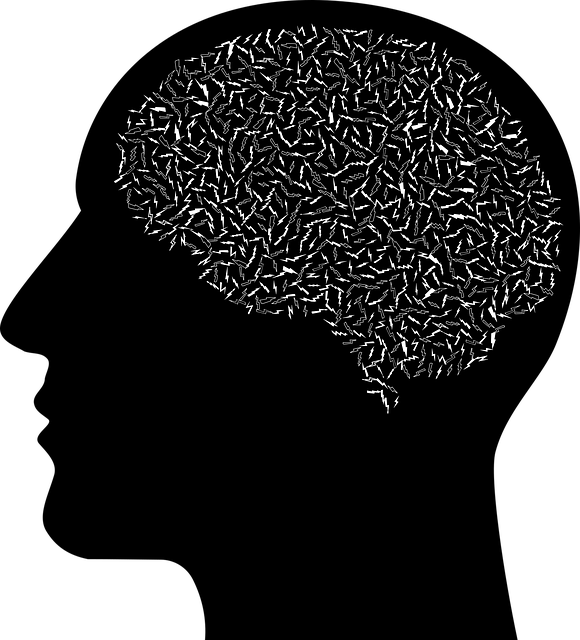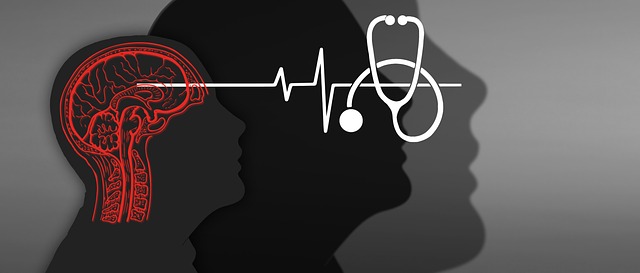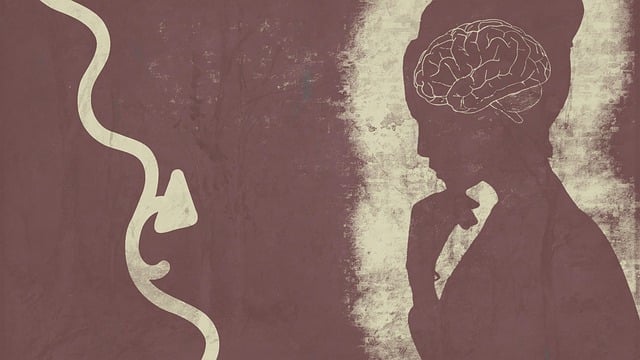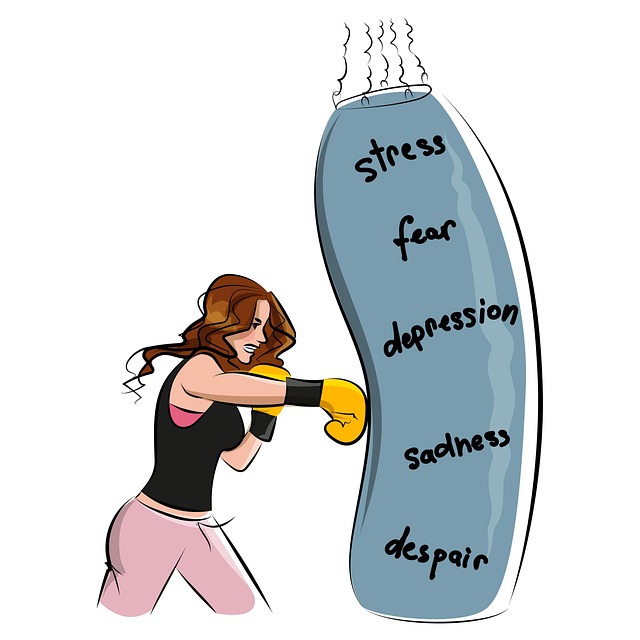Superior Dialectical Behavioral Therapy (DBT) is an evidence-based approach that teaches individuals to regulate emotions effectively through mindfulness, distress tolerance, emotional regulation, and interpersonal skills. By combining cognitive-behavioral techniques with Buddhist principles, DBT enhances mental well-being, reduces stress, prevents burnout, and promotes healthier relationships. Through practical strategies like Mental Wellness Journaling, DBT empowers people to manage intense emotions, build resilience, and lead more balanced lives.
Emotion regulation techniques are essential tools for managing and understanding our feelings. This comprehensive guide explores the power of Dialectical Behavioral Therapy (DBT), a proven approach to enhancing emotional well-being. We delve into the benefits of DBT, offering a structured framework for individuals seeking to navigate their emotions effectively. By mastering practical techniques from this therapy, readers can foster resilience and improve overall mental health. Discover how these strategies can transform your relationship with emotions, leading to a more balanced and fulfilling life.
- Understanding Emotion Regulation and Its Benefits
- Dialectical Behavioral Therapy (DBT): A Comprehensive Approach
- Practical Techniques for Effective Teaching and Learning
Understanding Emotion Regulation and Its Benefits

Emotion regulation is a vital skill that enables individuals to navigate life’s challenges with resilience and adaptability. It involves recognizing, understanding, and managing one’s emotions effectively, ensuring they serve as valuable guides rather than overwhelming forces. By learning superior dialectical behavioral therapy (DBT) techniques, people can harness their emotional responses, fostering improved mental well-being and enhancing overall quality of life.
This process offers a multitude of benefits, including enhanced mood management and stress reduction methods. It empowers individuals to prevent burnout by providing tools to cope with demanding situations. DBT’s evidence-based approach teaches valuable skills for emotional awareness, helping people make sense of their feelings and react mindfully rather than impulsively. This, in turn, promotes better relationships, enhances self-esteem, and contributes to a more balanced and fulfilling life.
Dialectical Behavioral Therapy (DBT): A Comprehensive Approach

Dialectical Behavioral Therapy (DBT) is a comprehensive and highly effective approach to emotion regulation techniques teaching. It combines cognitive-behavioral therapy with concepts from Buddhist practice, emphasizing mindfulness and acceptance. DBT helps individuals develop skills in four key areas: mindfulness, emotional regulation, distress tolerance, and interpersonal effectiveness. These skills are crucial for navigating intense emotions, improving self-care practices, and fostering healthy communication strategies.
Within DBT, clients learn valuable tools like the Mental Wellness Journaling Exercise Guidance to track their feelings and behaviors, enhancing self-awareness. By practicing these techniques, individuals can reduce emotional distress, improve overall mental wellness, and build resilience in managing challenging situations. The comprehensive nature of DBT makes it a superior approach for those seeking long-lasting solutions to regulate emotions effectively.
Practical Techniques for Effective Teaching and Learning

Teaching emotion regulation techniques effectively requires a blend of practical strategies and a deep understanding of individual needs. Superior Dialectical Behavioral Therapy (DBT) offers a robust framework for this, emphasizing mindfulness, distress tolerance, emotional regulation, and interpersonal effectiveness. Incorporating these principles into lessons enhances learning by providing tangible tools that students can apply in their daily lives. For instance, guiding students through mental wellness journaling exercises allows them to introspect, identify triggers, and track progress—a powerful method to foster self-awareness and emotional understanding.
Beyond DBT, integrating Mental Health Awareness in the curriculum creates a supportive environment where students feel comfortable discussing their feelings and seeking help when needed. Healthcare Provider Cultural Competency Training can also empower educators by equipping them with the skills to address diverse cultural backgrounds and beliefs, ensuring every student receives tailored guidance. These comprehensive approaches not only facilitate learning but also contribute to overall Mental Wellness, enabling students to navigate life’s challenges more effectively.
Emotion regulation is a vital skill that can significantly enhance one’s overall well-being. As discussed, techniques like Superior Dialectical Behavioral Therapy (DBT) offer comprehensive frameworks for managing emotions effectively. By integrating these practices into teaching and learning, educators can foster healthier students, enabling them to navigate life’s challenges with resilience. Practical application of these skills ensures a more inclusive and supportive educational environment, ultimately benefiting both learners and teachers alike.


